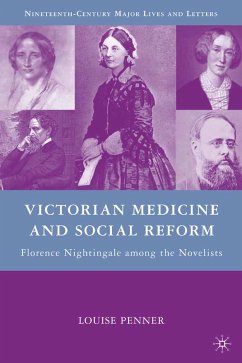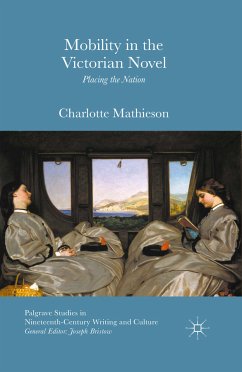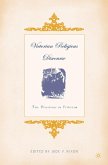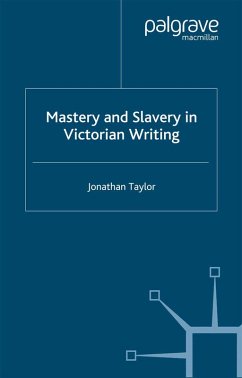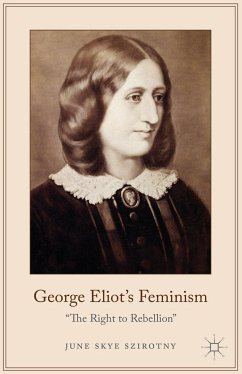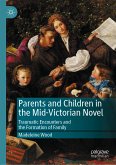Dieser Download kann aus rechtlichen Gründen nur mit Rechnungsadresse in A, B, BG, CY, CZ, D, DK, EW, E, FIN, F, GR, HR, H, IRL, I, LT, L, LR, M, NL, PL, P, R, S, SLO, SK ausgeliefert werden.
"Penner s new book makes an intriguingly backward historicist move: instead of placing Victorian literature in a social-historical context, Penner shows how Florence Nightingale s mission of social and medical reform reflected what Nightingale had learned from novels. Whether quarrelling with Dickens and Eliot or borrowing rhetorical moves from Gaskell, Nightingale s work talks back to fiction. Seeing Nightingale as a reader of and responder to literature adds a new dimension to our understanding of the history of Victorian medicine and social reform, both in England and the colonies." - Robyn Warhol-Down, Arts and Humanities Distinguished Professor ofEnglish, The Ohio State University
"An exemplary set of readings of key Victorian texts by George Eliot, Elizabeth Gaskell, and others, showing how microhistoricist knowledge of local and sometimes arcane debates about psychology and medicine can illuminate what these writers are up to. Penner places her central figure, Florence Nightingale, in the midst of these debates as a policy intellectual, based on hitherto unexamined archival materials, and enables us to see ideological fissures many earlier critics have missed. These fissures, in turn, are shown to structure texts such as Brontë s Villette and Eliot s Middlemarch, in surprising ways." - Lawrence Rothfield, University of Chicago, author of Vital Signs: Medical Realism in Nineteenth-Century Fiction
"Victorian Medicine and Social Reform is at the cutting edge of scholarship reforming traditional views of Nightingale as self-sacrificing ministering angel, rigidly moralistic bureaucrat or reclusive, isolated invalid. Thoroughly informed by the ongoing publication of Nightingale s enormous oeuvre of writings, Penner produces a ground-breaking study of Nightingale s interactions with such well-known reform novelists as George Eliot, Elizabeth Gaskell, and Charles Dickens, all of whom she knew personally. Rich with new insights into how Nightingale developed rhetorical and narrative strategies based on Victorian novels, Victorian Medicine and Social Reform also shines new light on the novels,particularly Eliot s famous medical novel, Middlemarch." - Mary Wilson Carpenter, Emerita, Queen s University
"Penner gives us a Florence Nightingale we are glad to discover: a savvy social reformer unafraid to use the rhetorical strategies of popular fiction to promote improved health care." - Susan Squier, author of Liminal Lives: Imagining the Human at the Frontiers of Biomedicine

